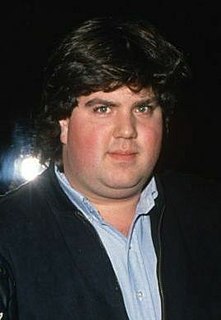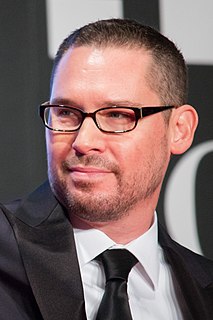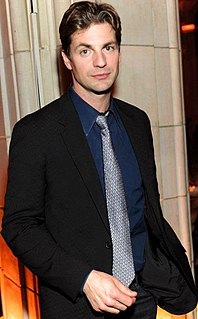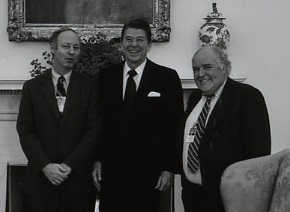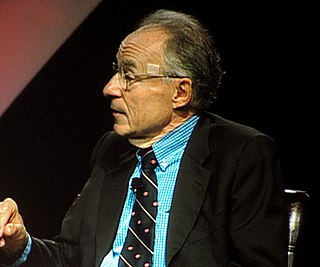A Quote by Malcolm Gladwell
There are some people, who I'll charitably call snobs, who are dismissive of any conversation that doesn't begin with the full level of complexity. That's just not how the world works.
Quote Topics
Related Quotes
Every time you think of doing some charity, you think there is some beggar to take your charity. If you say, "O Lord, let the world be full of charitable people!" - you mean, let the world be full of beggars also. Let the world be full of good works - let the world be full of misery. This is out-and-out slavishness!
That's how I am and how I've always looked at the world. I understood what the pavilions were before I came to Venice, and I knew that wasn't going to be enough for me. I wanted to extend this conversation into something I call urgency. There is urgency with people in crisis. Some communities - often the black community - just live in this urgency.
Nowadays, hoy en día, with our world full of war and violence and lack of love, a world full of greed, a world of domination, grasping power, venal stupidity, real evil, don’t get me started, it’s good to know that a conversation about tacos will always engender a sense of comfort and happiness. If only we could sit down at a big round world table and eat tacos in a spirit of love we might begin to work on world peace!
I happen to disagree with the well-entrenched theory that the art of conversation is merely the art of being a good listener. Such advice invites people to be cynical with one another and full of fake; when a conversation becomes a monologue, poked along with tiny cattle-prod questions, it isn't a conversation any more.
I mean, let's face it, it's 2000 and people are beginning to wake up on some level. I think that, as I was saying earlier, there's just no denying the impact that showing people the truth can have. It allows people to understand themselves, and when you understand yourself you can understand the people around you. And then you can begin to let go of all the bullshit that leads into things like world wars, racism, stereotypes, and bigotry.
If there are a bunch of fruit trees, one can say that whoever created these fruit trees wanted some apples. In other words, by looking at the order in the world, we can infer purpose and from purpose we begin to get some knowledge of the Creator, the Planner of all this. This is, then, how I look at God. I look at God through the works of God's hands and from those works imply intentions. From these intentions, I receive an impression of the Almighty.
One can say that the disaffection is still a lingering naiveté about, not the place of poetry in the world, but - how to say this - the moral and intellectual presence of poets in the world. And while this may seem an old conversation to many poets who roll their eyes and say, "Here we go again about the function of poetry," I think that conversation, about poetry as an engaged art in a world that is full of regression or still lacking in progress, is still really not well-developed. It's almost an avoided conversation.
No civilisation can grow unless fanatics, bloodshed, and brutality stop. No civilisation can begin to lift up its head until we look charitably upon one another; and the first step towards that much-needed charity is to look charitably and kindly upon the religious convictions of others. Nay more, to understand that not only should we be charitable, but positively helpful to each other, however different our religious ideas and convictions may be.
Not just any talk is conversation; not any talk raises consciousness. Good conversation has an edge: it opens your eyes to something, quickens your ears. And good conversation reverberates: it keeps on talking in your mind later in the day; the next day, you find yourself still conversing with what was said. That reverberation afterward is the very raising of consciousness; your mind's been moved. You are at another level with your reflections.




